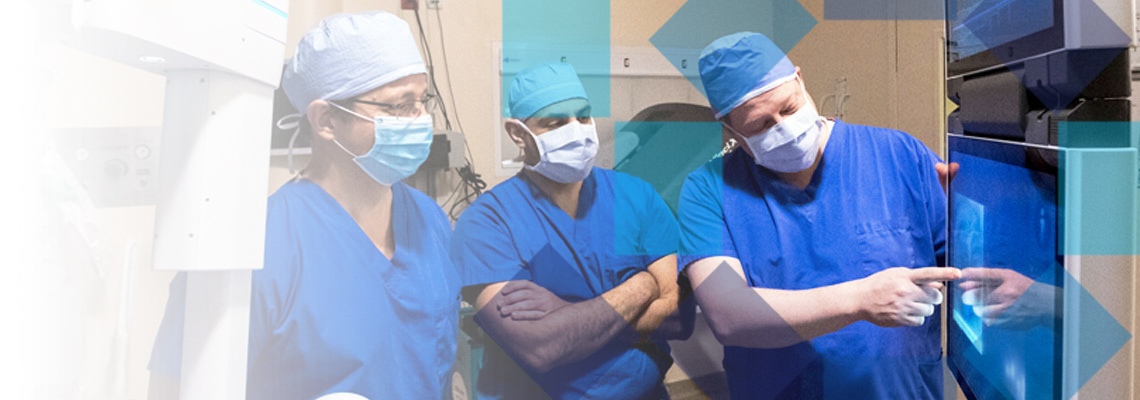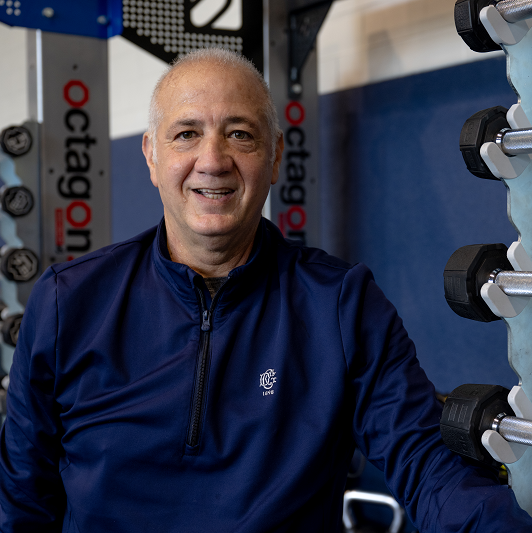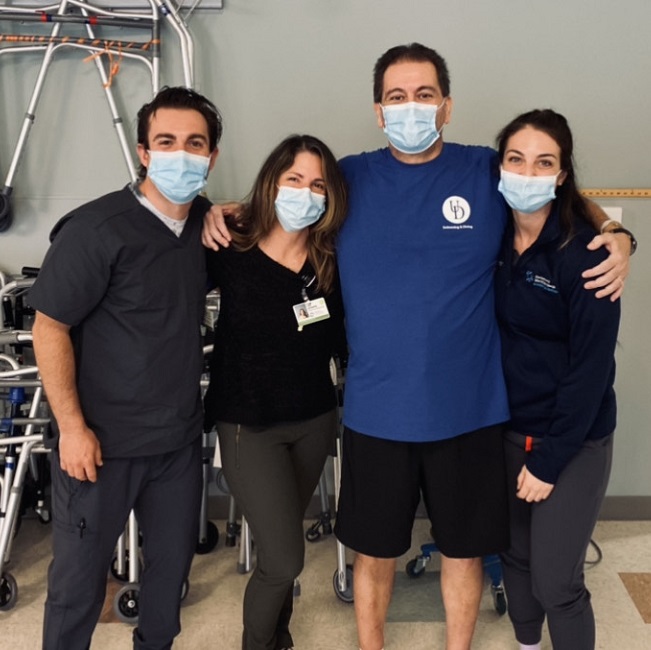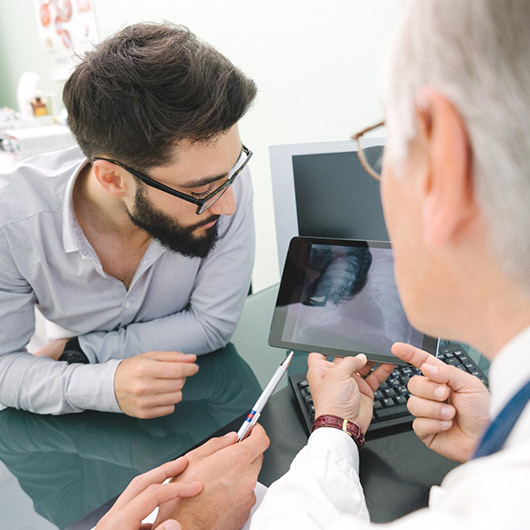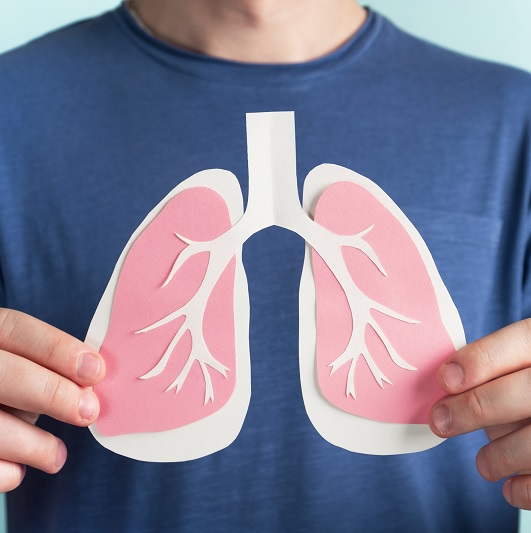Extracorporeal Membrane Oxygenation (ECMO) Program
At Hackensack Meridian Health, our Extracorporeal Membrane Oxygenation Program (ECMO) provides leading-edge, lifesaving heart and lung support for critically ill patients. ECMO is available at Hackensack University Medical Center and Jersey Shore University Medical Center.
As one of the most comprehensive ECMO programs in the region, we are committed to advancing care through clinical excellence, cross collaboration, and innovation.
What is ECMO?
ECMO is a life support treatment that takes over the work of the heart and lungs when they are too sick or injured to function independently. The treatment uses a machine to pump blood out of the body, add oxygen, remove carbon dioxide, and then return the blood to the patient. This gives the heart and lungs time to rest and heal.
ECMO is used in critical care situations, such as severe lung failure, heart failure, or after cardiac arrest.
Conditions We Treat With ECMO
ECMO is used to treat various conditions that affect heart and lung function. Some of the most common conditions we use ECMO to treat include:
- Acute Respiratory Distress Syndrome (ARDS): This life-threatening condition occurs when inflammation and fluid in the lungs cause low oxygen levels.
- Acute hypoxemic respiratory failure: Those with acute hypoxemic respiratory failure have low blood oxygen levels because their lungs can’t provide enough oxygen to the body. It is caused by lung conditions such as pneumonia or COPD.
- Acute hypercapnic respiratory failure: This condition leads to dangerously high levels of carbon dioxide in the blood and can also cause low blood oxygen. It can be caused by COPD, pneumonia and conditions affecting the nerves and muscles.
- Cardiogenic shock: This life-threatening condition occurs when the heart can’t pump enough blood to meet the body’s demand. It can result from a heart attack or other heart conditions.
- Refractory cardiac arrest (eCPR): Refractory cardiac arrest occurs when your heart stops beating despite resuscitative efforts such as CPR and the use of a defibrillator.
- Massive pulmonary embolism: This dangerous condition occurs when a blood clot blocks pulmonary arteries and blood flow to the lungs.
- Myocarditis or post-cardiotomy syndrome: Both conditions involve inflammation of the heart. Myocarditis is caused by viral infections and autoimmune diseases, and post-cardiotomy syndrome is caused by heart trauma and surgery.
- Bridge to heart and/or lung transplant or a bridge to a durable mechanical support: In some cases, ECMO may be used for life-sustaining purposes before a heart and lung transplant or implantation of a long-term device to support heart function.
Frequently Asked Questions About ECMO
While on ECMO support in the intensive care unit, it is most likely that your loved one will be on a breathing machine and sedated to make them comfortable. You will also see lots of tubes, monitors, and machines attached to or surrounding your loved one as part of the intensive care monitoring.
The length of ECMO support can vary from a few hours to months.

